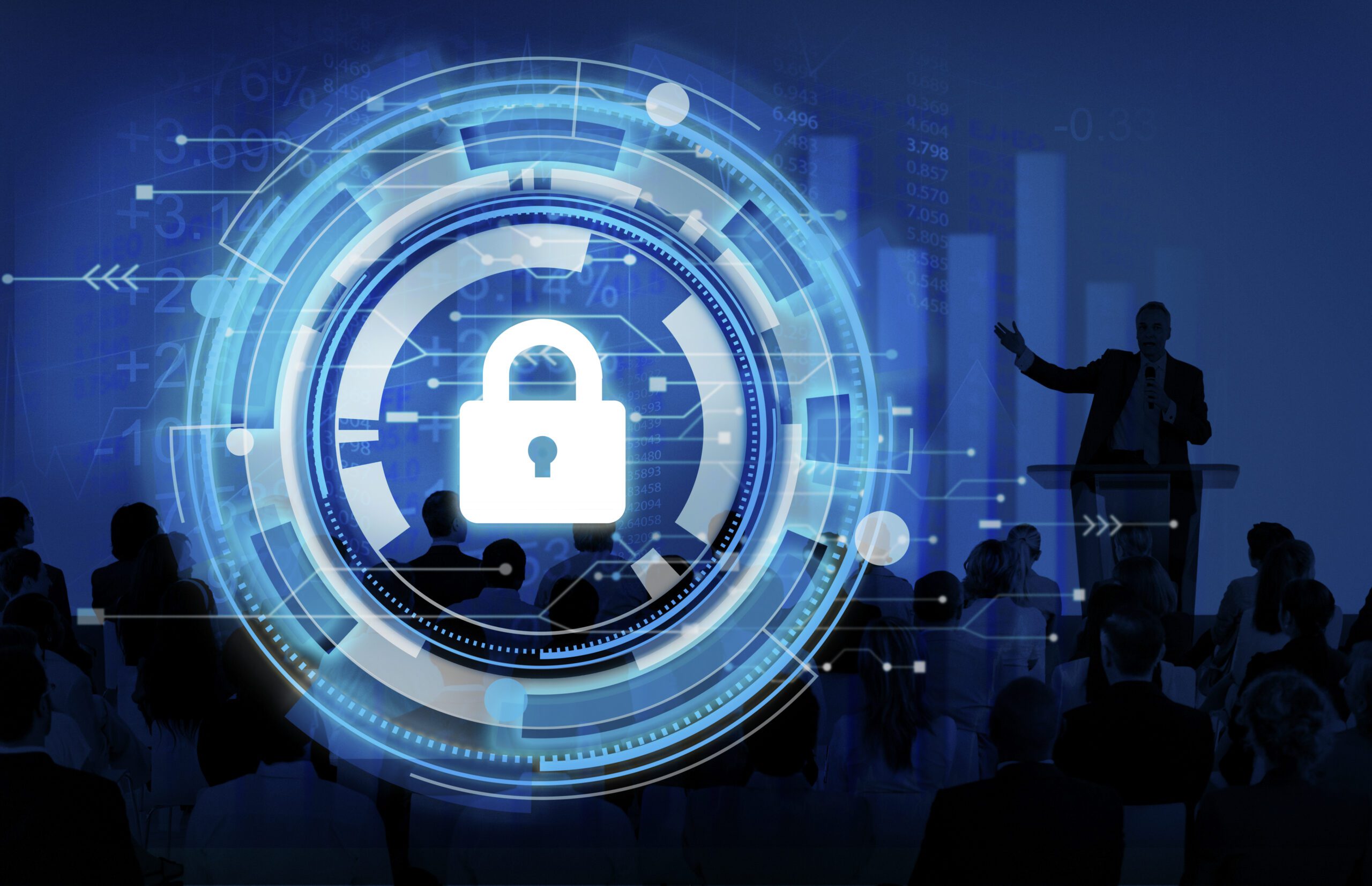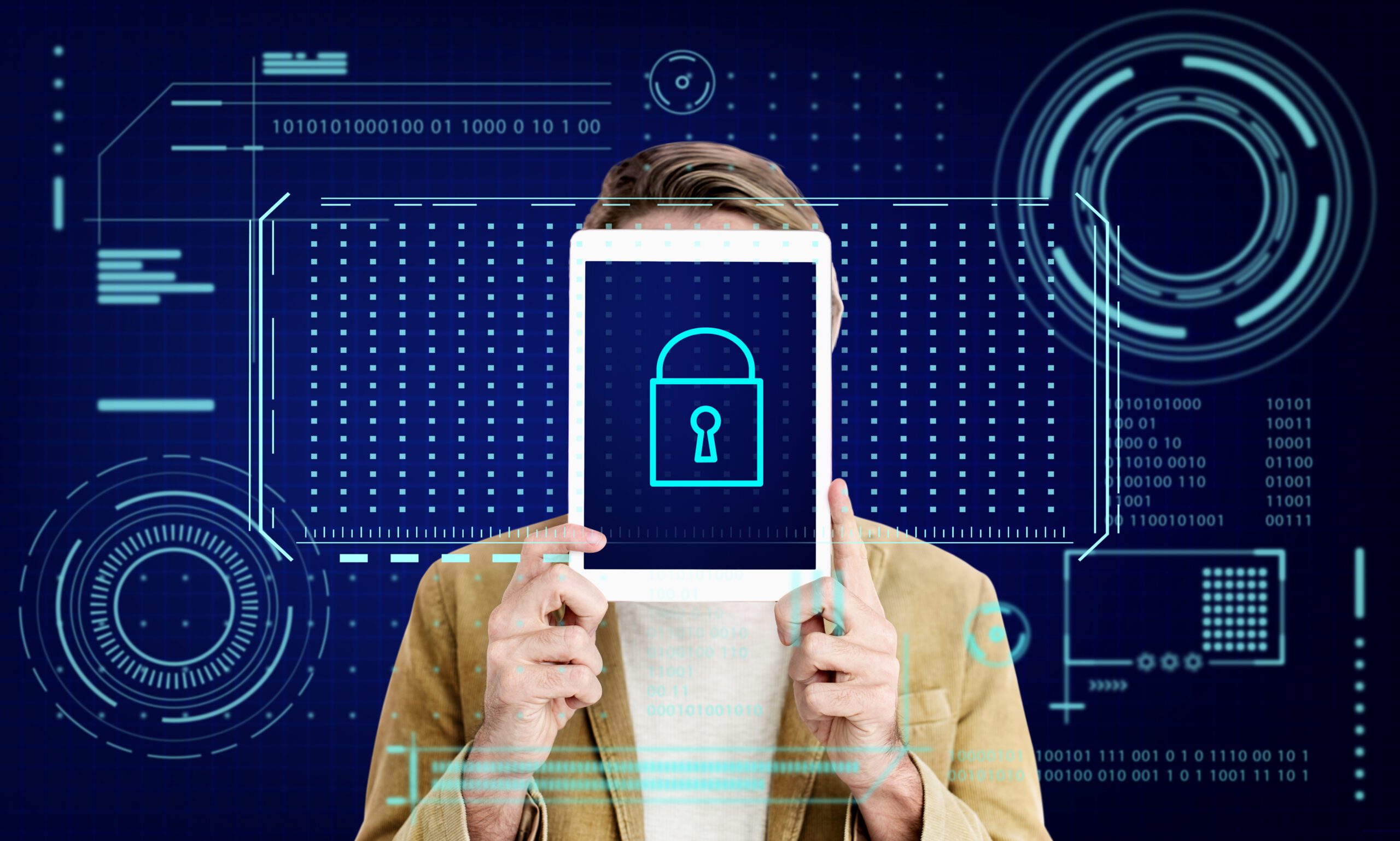TL;DR:
- IoT forensics in 2024 will see trends like cybersecurity convergence, AI-powered tools, and privacy compliance.
- India aligns with government policies emphasizing security, privacy, and collaboration in IoT initiatives.
- The Cybersecurity Policy of India underscores collaboration between government, industry, and academia to address emerging cyber threats, including those related to IoT devices.
- Staying abreast of trends, technologies, and government policies in IoT forensics is crucial for securing connected devices and networks amidst evolving threats.
In the year 2024, the domain of IoT forensics is undergoing a rapid evolution within the digital landscape, adapting to the constantly changing realm of interconnected devices. In this ever-changing landscape, forensic experts encounter new challenges and opportunities driven by emerging technologies, evolving risks, and shifting regulatory frameworks. Let us analyze the current trends influencing the field of IoT forensics in 2024, encompassing real-time applications in India, and governmental strategies concerning IoT devices.
1. Cybersecurity Convergence:
In 2024, the integration of cybersecurity and forensics is increasingly evident as organizations acknowledge the significance of proactive identification of threats and response to incidents. The fusion of cybersecurity and forensic techniques and tools enables ongoing monitoring, prompt response to incidents, and thorough forensic examination of IoT networks and devices. The significance of this integration is particularly pronounced in India, where rapid digitalization and the upsurge in IoT implementation across diverse sectors such as smart cities, manufacturing, and healthcare are being witnessed.
2. AI-Powered Forensics:
Artificial Intelligence (AI) and Machine Learning (ML) technologies have sparked a revolution in the domain of IoT forensics, providing investigators with the capability to scrutinize extensive datasets and pinpoint patterns that signal malicious activities. Within the Indian context, AI-driven forensic tools are being utilized to discover and counter cyber threats that aim at IoT infrastructure. An illustration of this is evident in a recent incident of a cyber assault on an intelligent grid system in India, where AI algorithms played a crucial role in detecting abnormal network traffic behavior and averting widespread disturbances.
3. Privacy and Compliance Challenges:
The uninterrupted expansion of IoT devices has led to significant privacy and compliance challenges in the field of IoT forensics. Within India, strict data protection legislation like the Personal Data Protection Bill (PDPB) requires organizations to establish strong security protocols and safeguard the confidentiality of user information gathered through IoT devices. Forensic experts in India are collaborating closely with regulatory bodies to uphold adherence to such laws and tackle privacy issues linked to the collection and examination of IoT data.
4. Blockchain Integration:
Blockchain technology is being recognized as a potential transformative factor in the realm of IoT forensics, providing immutable and secure data storage capabilities that contribute to the reliability and genuineness of forensic evidence. Within the context of India, there is a significant exploration of blockchain-based forensic platforms developed to securely document and timestamp forensic data, including device logs, transaction histories, and chain of custody information. Through the utilization of blockchain technology, forensic professionals in India have the opportunity to instill confidence and openness in the accuracy of forensic evidence, thus enhancing the credibility of their conclusions in legal processes.
5. Collaborative Forensics Initiatives:
Considering the growing complexity and magnitude of cybersecurity challenges related to the Internet of Things (IoT), there is an increasing focus on collaborative forensic initiatives in India. In order to foster cooperation among various stakeholders, such as government agencies, law enforcement agencies, academic institutions, and industry collaborators, public-private partnerships, industry consortiums, and information exchange networks are being used. These collaborative initiatives serve to promote the sharing of intelligence on threats, best practices, and lessons learned, thereby augmenting the collective capacity to identify, respond to, and alleviate cyber incidents associated with IoT within the Indian context.
6. Government Policies for IoT Devices:
In India, the government has acknowledged the significance of overseeing IoT devices to guarantee security, privacy, and interoperability. The Ministry of Electronics and Information Technology (MeitY) has introduced directives and structures for ensuring the security of IoT, such as the IoT Security Baseline and the National Digital Communications Policy (NDCP). For an Indian IoT environment to be secure and robust, security-by-design principles, encryption protocols, and vulnerability disclosure initiatives must be incorporated into the regulations. Moreover, the Cybersecurity Policy of India underscores the importance of cooperation among government, industry, and academia to tackle evolving cyber threats, particularly those associated with IoT devices.
Conclusion:
In 2024, the landscape of IoT forensics will be distinguished by a culture of innovation, cooperation, and adaptation to the changing threat environment, with a notable impact from real-time applications and projects in India. With the adoption of cybersecurity convergence, artificial intelligence-driven forensic techniques, compliance with privacy and compliance standards, and incorporating blockchain technology, Indian forensic experts are better positioned to combat the intricate challenges associated with IoT cyber threats. As India progresses in its digital transformation journey, keeping up with the latest developments, technologies, and governmental regulations in IoT forensics will be crucial in safeguarding the security, authenticity, and robustness of interconnected devices and systems within the nation.
Embark on a journey into the future of IoT forensics with Karnavati University. Stay abreast of 2024 trends and innovations, shaping the landscape of digital investigation. Join us to explore and pioneer the next frontier in this dynamic field.
Enroll in Karnavati University’s B.Sc. (Hons.) in Forensic Science. Master crime scene investigation, forensic analysis, and legal procedures. Our comprehensive program provides hands-on training and theoretical knowledge, preparing you for a rewarding career in forensic science and criminal justice. Be a crucial part of solving crimes and upholding justice.
FAQs
What are the key trends shaping IoT forensics in 2024?
Convergence in cybersecurity, AI-powered tools, and privacy compliance are key trends. These patterns show how forensic capabilities must be improved by utilizing cutting-edge technologies like artificial intelligence while also being flexible enough to respond to changing threats and legal frameworks.
How is India addressing cybersecurity concerns in IoT initiatives?
India is in line with national policies that prioritise privacy, security, and teamwork. To guarantee that strong cybersecurity safeguards are in place throughout IoT ecosystems, initiatives concentrate on putting encryption standards, vulnerability disclosure programmes, and security-by-design principles into practice for IoT devices.
What government policies in India emphasize security and privacy in IoT forensics?
IoT device security and privacy protection are required by laws like the National Digital Communications Policy (NDCP) and the IoT Security Baseline. These guidelines emphasise how crucial it is to work together and follow legal requirements in order to protect user privacy and guarantee the security of linked devices.
How does collaboration play a role in addressing emerging cyber threats related to IoT devices?
To share threat intelligence, best practices, and lessons learned, cooperation between the government, business, and academic institutions is essential. This cooperative strategy promotes a more robust and secure Internet of Things ecosystem by improving the group’s capacity to identify, address, and mitigate cyber problems linked to the Internet of Things.
Why is it important to stay updated on trends, technologies, and government policies in IoT forensics?
Maintaining current knowledge guarantees a proactive strategy for dealing with changing risks and legal obligations. It helps businesses put into practice efficient security measures, uphold compliance, and defend networks and linked devices against online attacks, all of which improve an organization’s overall cybersecurity posture and resilience.
Mr. Naveen Kandwal
Assistant Professor, UIT, Karnavati University





